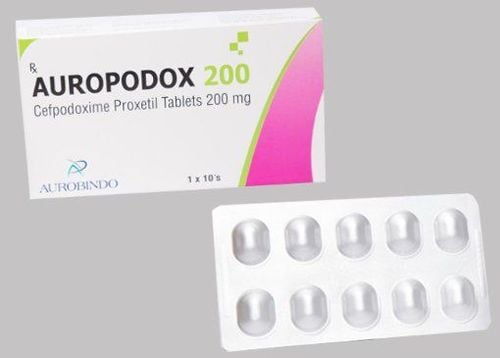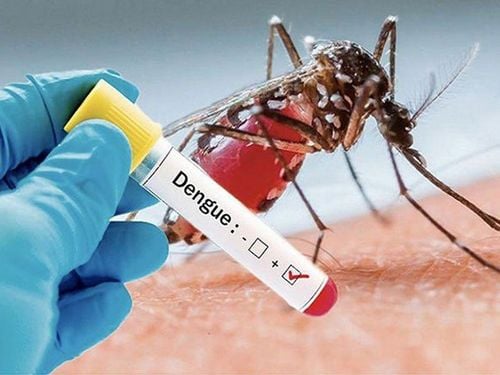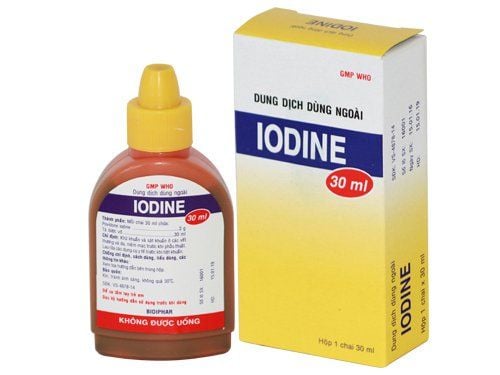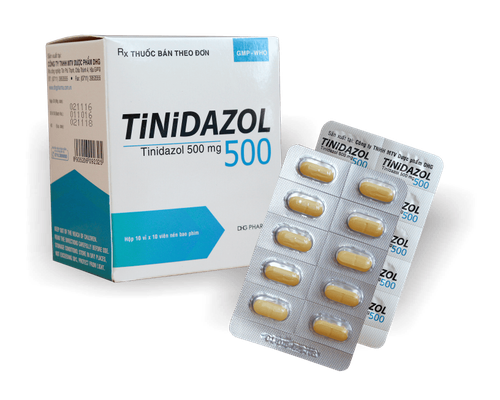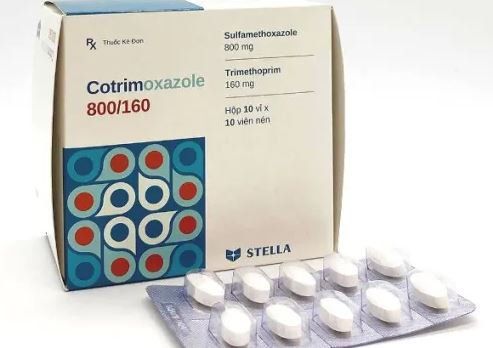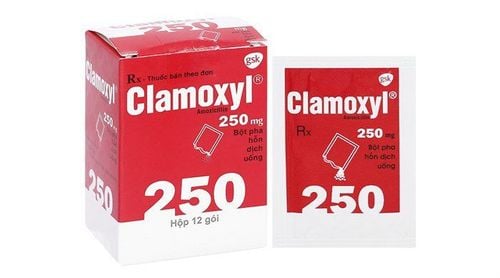Article by Trần Thị Huyền Trang, MD - Laboratory Department, Vinmec Times City International Hospital
1. What is the CRP test?
C-reactive protein (CRP) is a glycoprotein produced by the liver that reacts with the C-polysaccharide of pneumococci. Normally, CRP is not present in the bloodstream. However, during acute inflammation, tissue damage triggers the release of interleukin-1 and interleukin-6, which stimulate the production of CRP, causing a rapid increase in CRP levels in the bloodstream. For this reason, CRP is also considered to as an acute-phase protein. When the acute inflammatory phase resolves, CRP levels quickly return to normal. Therefore, CRP is a marker of systemic inflammatory activation. However, it is nonspecific, meaning its levels can rise in response to many inflammatory condition.
Typically, CRP levels increase within six hours of the onset of inflammation, allowing doctors to detect inflammation early and implement timely treatment strategies.
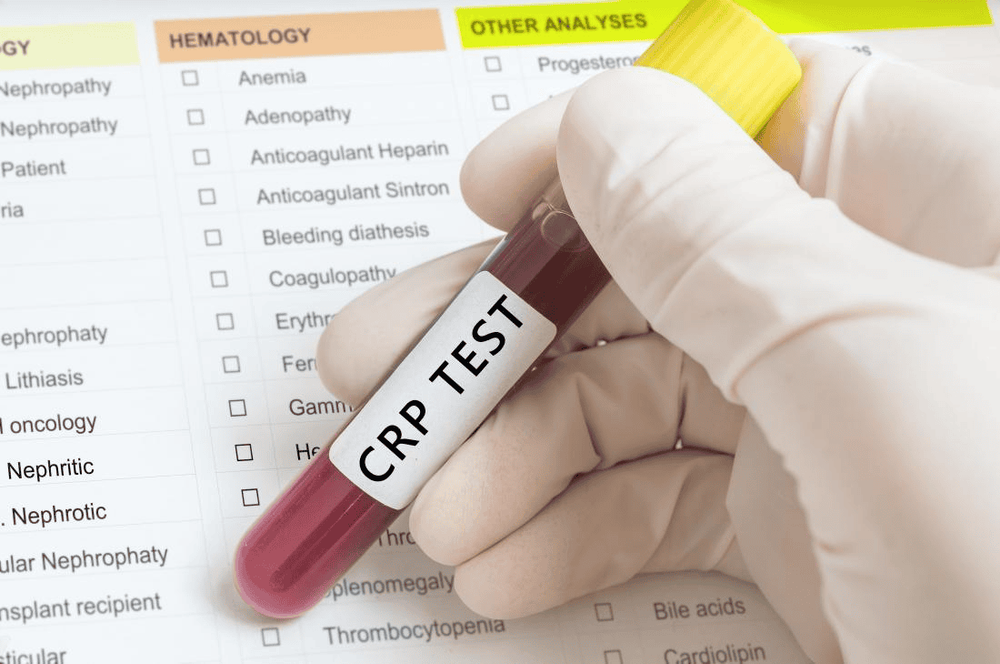
2. What is the difference between CRP and CRP-hs?
There are two types of C-reactive protein (CRP) tests:
- Standard CRP: This test is used to assess ongoing inflammatory conditions.
- High-sensitivity CRP (hs-CRP): This is considered a marker for subtle, low-grade vascular inflammation.
The standard CRP test measures CRP levels over a wide range, making it suitable for detecting inflammation and early infections. However, it is less sensitive at detecting lower levels of CRP. In contrast, the hs-CRP test is highly sensitive and capable of measuring very low CRP. This enhanced sensitivity makes hs-CRP particularly useful in assessing the risk of cardiovascular disease in healthy individuals.
3. Indications for CRP and CRP-hs Testing
CRP is indicated to measure the severity and progression of inflammatory responses:
- Monitoring postoperative infections: CRP levels typically rise within 2–6 hours after surgery and return to normal by the third postoperative day. If CRP levels remain elevated beyond three days, it may signal the onset of a new infection.
- Detecting bacterial infections and inflammatory diseases: CRP testing can help detect bacterial infections and diseases such as lymphomas, autoimmune conditions (lupus), inflammatory bowel diseases, rheumatoid arthritis, bone infections (osteomyelitis), and pelvic inflammatory diseases…
- Evaluating treatment response: Particularly in cancer therapy or infection treatment, CRP levels can rise and then rapidly normalize if the patient responds well to treatment.
CRP-hs is specifically indicated for assessing cardiovascular risk.

4. Normal Values for CRP and CRP-hs Testing
For CRP, which is used to assess inflammation, the normal level is < 5 mg/L. CRP levels will rise if the patient has an infection or inflammation. If the CRP level is initially high and then decreases, it means the inflammation or infection is diminishing, indicating that the patient is improving.
For CRP-hs, which evaluates cardiovascular risk, the normal value is < 0.3 mg/dL:
- Low cardiovascular risk: CRP < 1 mg/L
- Moderate cardiovascular risk: CRP between 1 and 3 mg/L
- High cardiovascular risk: CRP > 3 mg/L
Individuals with higher CRP-hs levels have a greater risk of cardiovascular disease, while those with lower values have a reduced risk. Patients with elevated hs-CRP levels are 1.5 to 4 times more likely to experience a heart attack compared to those with the lowest levels within the normal range.
To protect cardiovascular health and detect early signs of heart disease, individuals can register for the Cardiovascular Screening Package at Vinmec International General Hospital. This package helps identify potential cardiovascular issues early through a combination of advanced diagnostic tests and imaging techniques. It is suitable for individuals of all ages and genders, especially those with risk factors for cardiovascular diseases.
To arrange an appointment, please call HOTLINE or make your reservation directly HERE. You may also download the MyVinmec app to schedule appointments faster and manage your reservations more conveniently.
To arrange an appointment, please call HOTLINE or make your reservation directly HERE. You may also download the MyVinmec app to schedule appointments faster and manage your reservations more conveniently.
